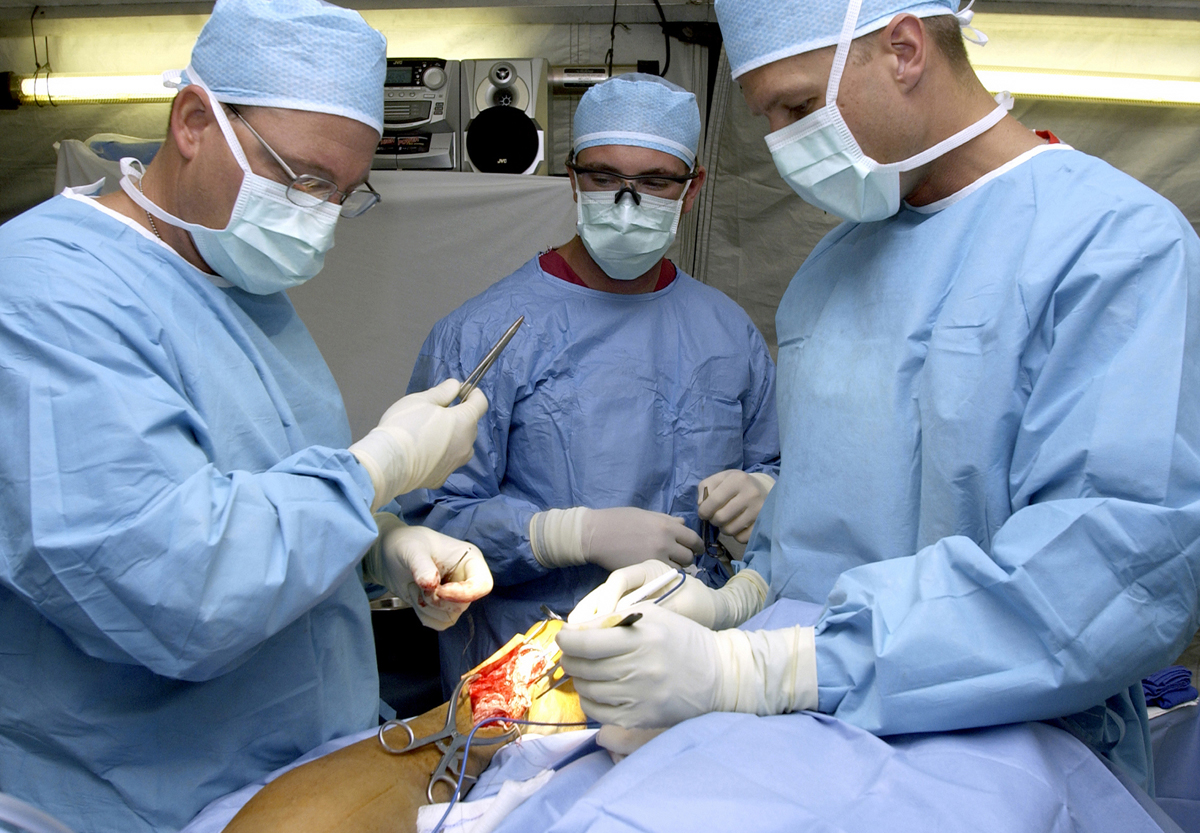Books For Surgery Core Clerkship / Rotation
For any rotation, I would suggest starting off by reading a clinical vignettes book initially, to get familiar with the cases seen most commonly by the specialty. Then, read a general textbook or review to learn more details about the patients and procedures. Finally, do practice questions in the weeks leading up to the test to solidify your knowledge. These principles are especially important during the surgery core clerkship, when your time is limited. Here are the books I used primarily:
This textbook covers the major areas of general surgery in an easy to read fashion. The early chapters on fluids and electrolytes are also important, as many questions on the shelf exam deal with management of patients on the floor. I read this book during the first half of my surgery clerkship and it served me well.
If you are familiar with the Case Files series, then you know that these books are a good way to get up to speed on any clerkship. They are quick to read, but really help you understand the basic concepts and cases within a specialty. Read this book right before your rotation starts or during the first week.
by Bruce E. Jarrell
An excellent book full of different cases and their variations. I personally liked the clinical case format, especially how the book managed to discuss common complications. The pictures and diagrams are also quite helpful.
by Lorne H. Blackbourne
This book is particularly handy while you are on service with some time to spare, like me on my minimally invasive (ie bariatric / laparoscopic) surgery rotation. Put it in your whitecoat pocket and pull it out during those little pauses during the day. Flip to the section that covers your next case, and learn all the answers to common pimp questions. You'll look like a rockstar in the OR.
Other Books For Surgery Core Clerkship / Rotation
For me, these books either overlapped with the ones I listed above, or were too advanced for my tastes. However, if you are interested in surgery or want to honor the surgery clerkship, then it is worth considering whether you want to obtain these texts. Sorry to those of you who see the list twice; the images do not show up in some browsers.
If you are interested in good books for other rotations, check out Books For Pediatrics Rotation / Clerkship And Shelf Exam.
Find other books useful on your surgery clerkship? What books helped you the most on the surgery shelf exam? Share your knowledge!
Find other books useful on your surgery clerkship? What books helped you the most on the surgery shelf exam? Share your knowledge!

No comments:
Post a Comment